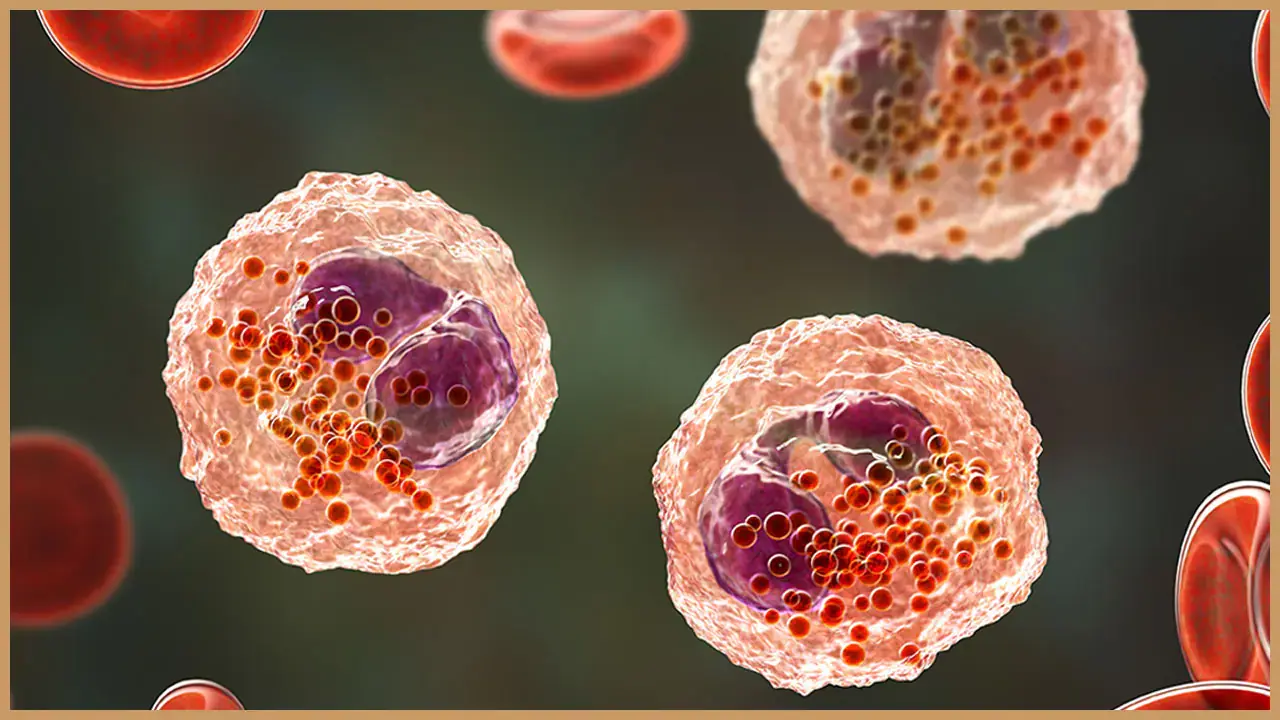Can Eosinophilic Granulomatosis with Polyangiitis be Cured?
Sometimes
Management focuses on controlling inflammation and preventing organ damage; outcomes vary, and long-term treatment may be necessary

What is Eosinophilic Granulomatosis with Polyangiitis?
Eosinophilic granulomatosis with polyangiitis (EGPA), formerly known as Churg-Strauss syndrome, is a rare autoimmune vasculitis that can affect multiple organs. Treatment involves immunosuppressive medications and managing organ-specific complications.

Clinical Aspects

Characteristics
Rare autoimmune vasculitis affecting small and medium-sized blood vessels

Symptoms
Respiratory symptoms (asthma, cough), sinusitis, skin rashes

Diagnosis
Blood tests, imaging studies

Prognosis
Variable; depends on the severity and complications

Complications
Organ damage, complications of untreated EGPA
Etiology and Treatment

Causes
Autoimmune response causing inflammation and damage to blood vessels

Treatments
Immunosuppressive medications, corticosteroids, sometimes plasmapheresis

Prevention
Immunosuppressive medications, corticosteroids, sometimes plasmapheresis
Public Health and Patient Perspectives

Epidemiology
Rare autoimmune disorder causing inflammation of blood vessels

Patient Perspectives
Early diagnosis and appropriate treatment are crucial
Remember, the information provided here is intended for general knowledge purposes and may not apply to every individual case. To ensure you have accurate information relevant to your specific situation, always consult with a healthcare professional.
Share: